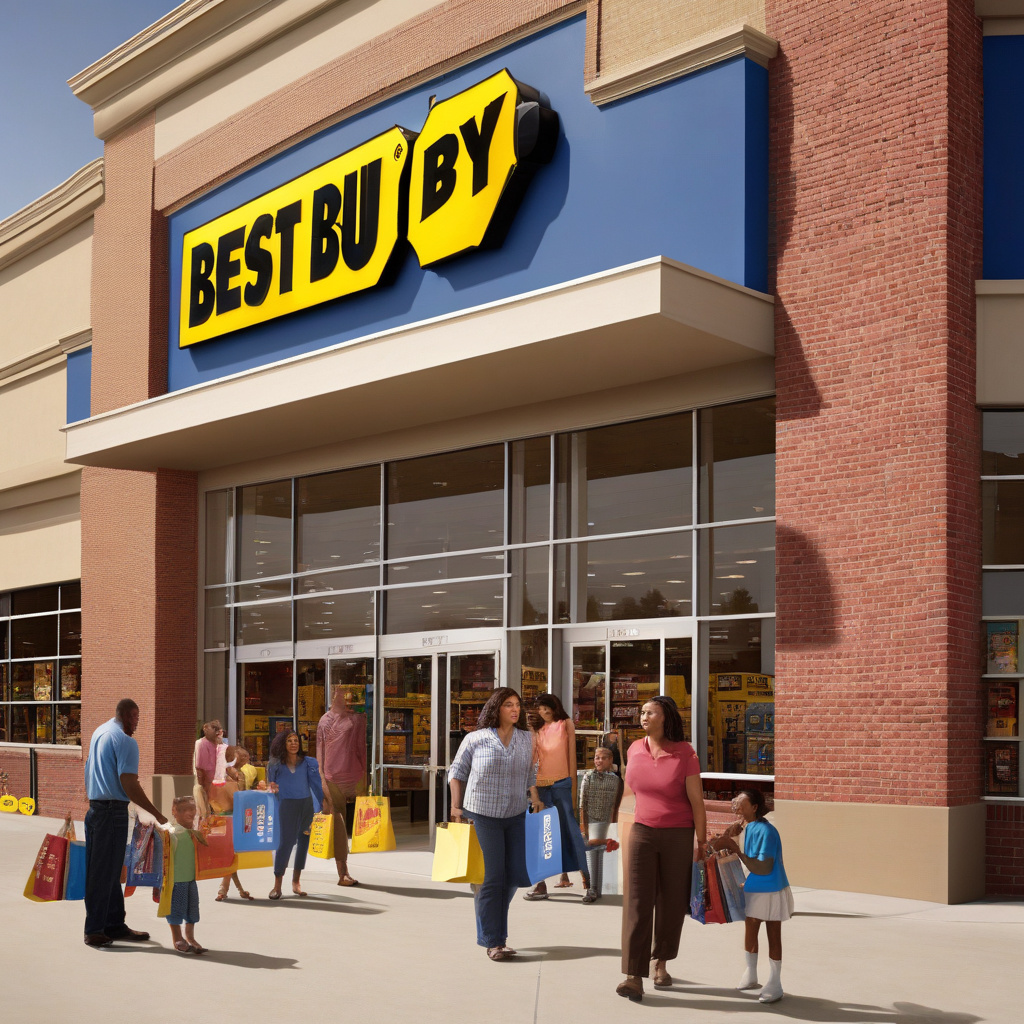How Best Buy is Adapting to Tariffs and Protecting Profit Margins
As tariffs continue to impact the retail industry, one of the largest consumer electronics retailers, Best Buy, has recently announced price hikes on a range of products. This move comes as a strategic response to the additional costs incurred by the company due to tariffs imposed on goods imported from China. Best Buy’s decision sheds light on the challenges faced by retailers in the current economic landscape and raises questions about the future of consumer pricing in the industry.
The escalation of trade tensions between the United States and China has led to a series of tariffs being imposed on various imported goods. These tariffs have directly affected retailers who rely on imported products, such as electronics, appliances, and other consumer goods. Best Buy, as a prominent player in the consumer electronics market, has been particularly vulnerable to these changes.
In response to the increased costs brought about by tariffs, Best Buy made the strategic decision to raise prices on a selection of products. By passing some of the additional costs on to consumers, the retailer aims to protect its profit margins and maintain financial stability in a challenging economic environment. While price hikes are never popular among consumers, they are often a necessary measure for companies to offset rising operational expenses.
The price increases implemented by Best Buy are not arbitrary but rather a calculated response to the changing economic landscape. Retailers operate within tight profit margins, and external factors such as tariffs can have a significant impact on their bottom line. By adjusting prices in response to these external pressures, Best Buy is taking proactive steps to ensure the long-term sustainability of its business operations.
Moreover, Best Buy’s pricing strategy highlights the importance of effective cost management and strategic decision-making in the retail sector. In a competitive market where consumers have numerous options, retailers must carefully balance pricing strategies to remain competitive while also safeguarding their financial health. By transparently communicating the reasons behind price hikes, Best Buy is fostering trust and understanding among its customer base.
Looking ahead, the future of consumer pricing in the retail industry remains uncertain. The ongoing trade tensions between the U.S. and China continue to create volatility and unpredictability in the market, making it challenging for retailers to plan ahead. As companies like Best Buy navigate this complex landscape, they will need to remain agile and adaptable to mitigate the impact of external factors on their business operations.
In conclusion, Best Buy’s decision to raise prices in response to tariffs underscores the challenges faced by retailers in an increasingly globalized economy. By implementing strategic pricing adjustments, the company is proactively managing the impact of external pressures on its business. As the retail industry continues to evolve, companies like Best Buy will need to leverage data-driven insights and consumer feedback to navigate challenges and drive sustainable growth in a competitive market.
Best Buy, tariffs, consumer electronics, retail industry, pricing strategy
